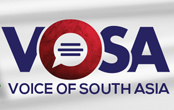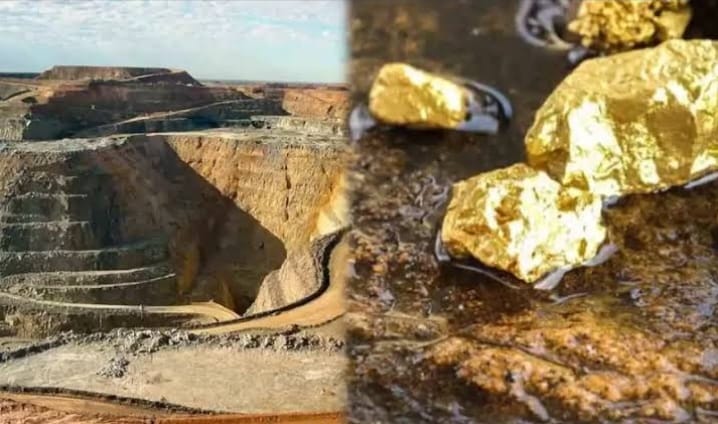As the Pakistan Minerals Investment Forum 2025 opens in Islamabad, there’s a growing sense in the air that this isn’t just another policy gathering. It marks a shift in mindset, a reintroduction of Pakistan—not as a country of missed opportunities, but as a nation finally aligning its natural potential with strategic vision and coordinated action.
For years, Pakistan’s mineral wealth has been acknowledged, but largely underutilized. Rich in copper, gold, rare earths, and other critical resources, the country has long held the ingredients for success but lacked the framework to unlock them. Now, with the launch of the National Minerals Harmonisation Framework 2025, that bottleneck is being cleared.
What makes this moment particularly significant is the unprecedented alignment of political will, institutional backing, and international attention. The presence of Prime Minister Shehbaz Sharif as chief guest underscores top-level civilian commitment. But it’s the participation of Chief of Army Staff General Asim Munir that reflects a deeper national unity—a rare and powerful signal that Pakistan’s mineral strategy enjoys full-spectrum institutional support.
In a region where stability often determines investor confidence more than potential, this kind of alignment cannot be overstated. It gives stakeholders the assurance that the minerals sector is no longer operating in silos—it’s a national priority with strategic oversight.
The forum, co-hosted by OGDCL and the Special Investment Facilitation Council (SIFC), has drawn attention from major global players. The presence of Eric Meyer from the U.S. State Department is more than diplomatic protocol—it’s a statement that Pakistan is now viewed as a serious contender in the global mineral supply chain conversation.
And then there’s the case of Reko Diq. Once a cautionary tale of legal hurdles and mistrust, it’s now being hailed as a textbook turnaround. Its movement into full-scale execution sends a clear message: Pakistan is capable of resolving legacy issues, attracting credible investment, and delivering results.
What’s also promising is the forum’s focus on local benefit. Jobs, community upliftment, and long-term economic sustainability are central to the conversations taking place. This is not a “dig-and-export” strategy—it’s about building a homegrown value chain that benefits Pakistan first, while serving global markets.
Skeptics will always ask whether this moment will last. But the indicators are promising. Strong leadership, clear policy, institutional coordination, and growing international interest form a rare combination. And if Pakistan can stay the course, the minerals sector could become a cornerstone of national renewal.
The forum isn’t just about investment—it’s about narrative. A new story is being written, one where Pakistan is not a passive resource state but an active, strategic player shaping its future.
And from what we’re seeing, this time, it looks like Pakistan is ready to lead.



